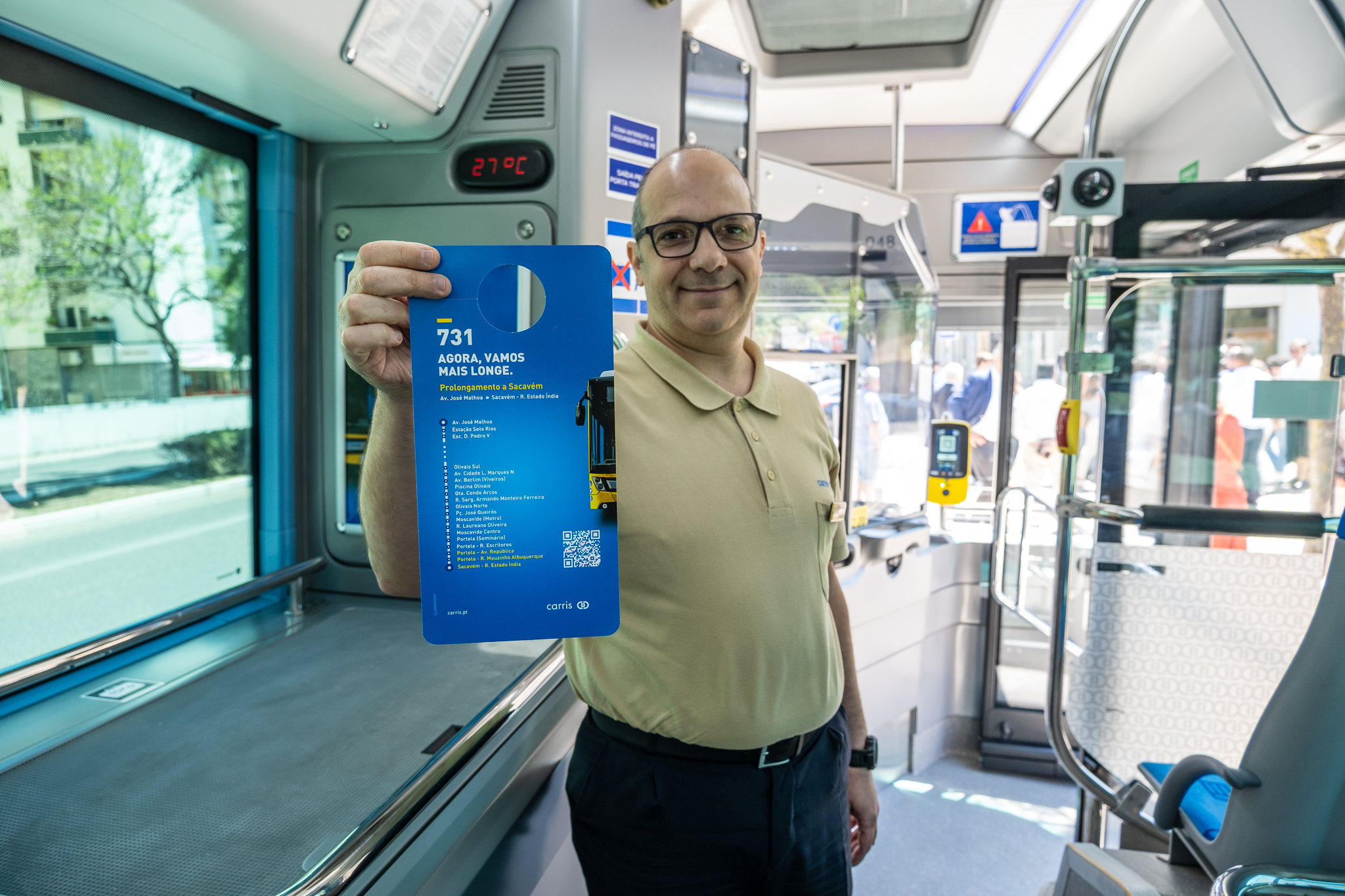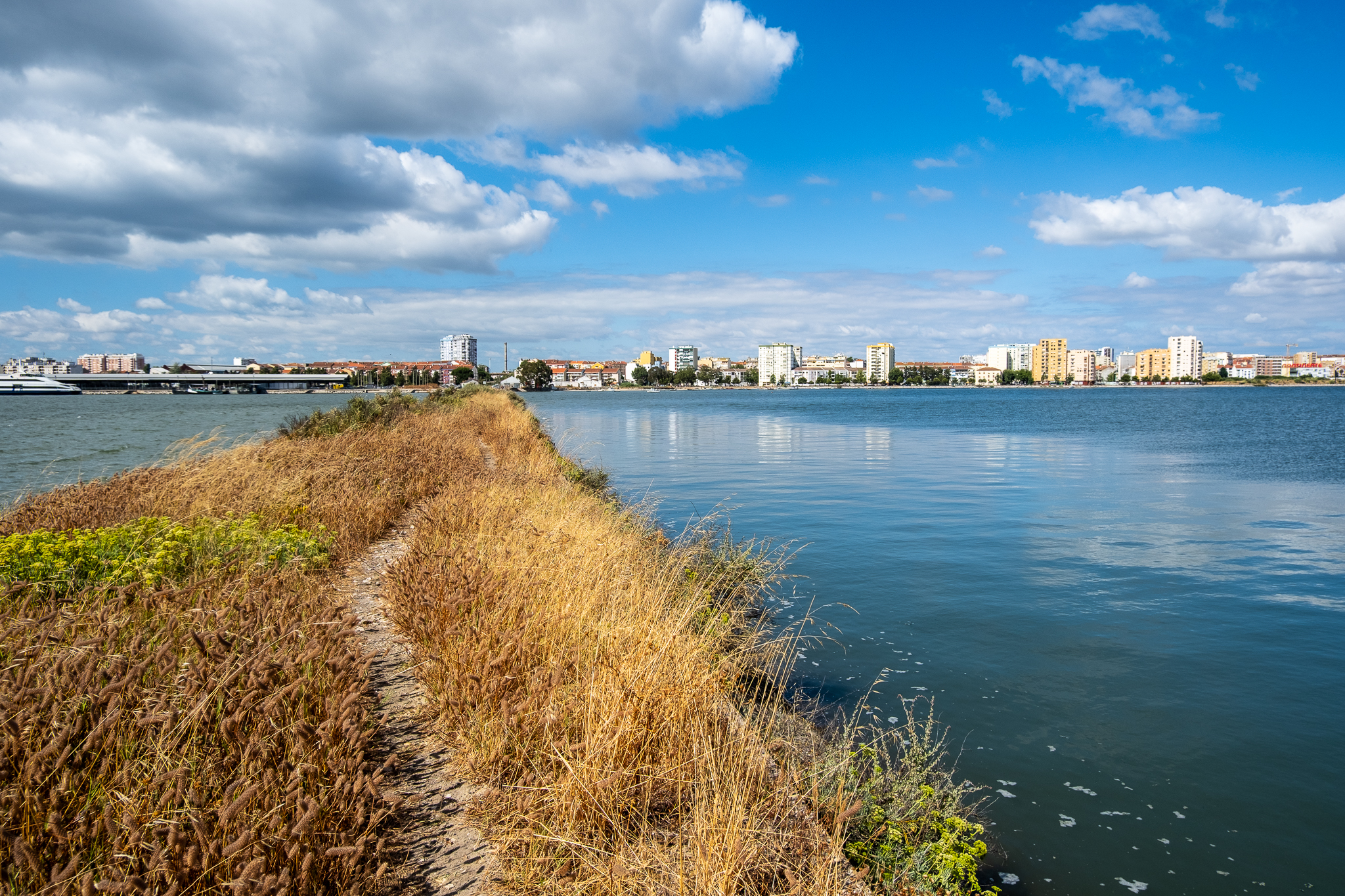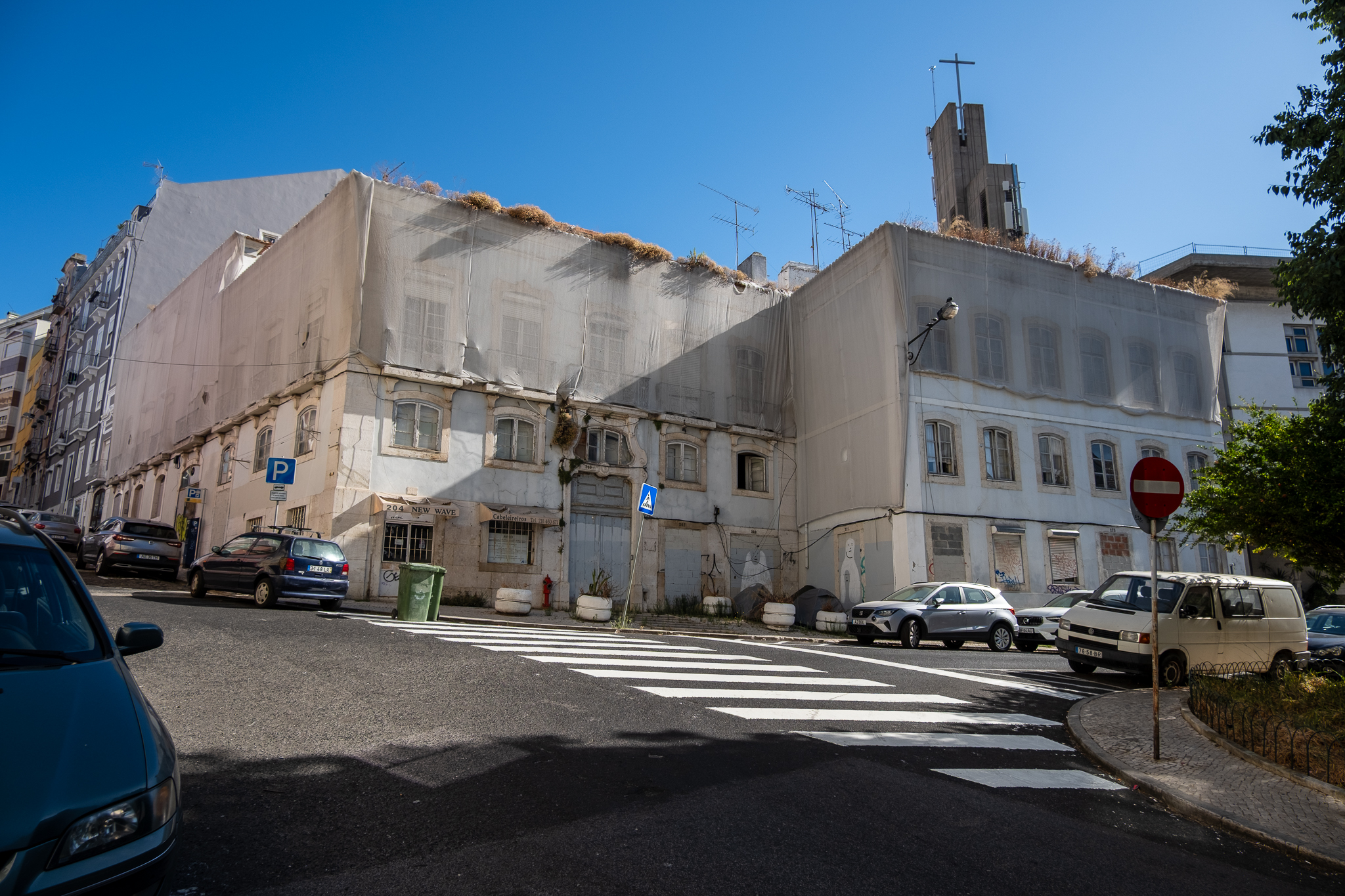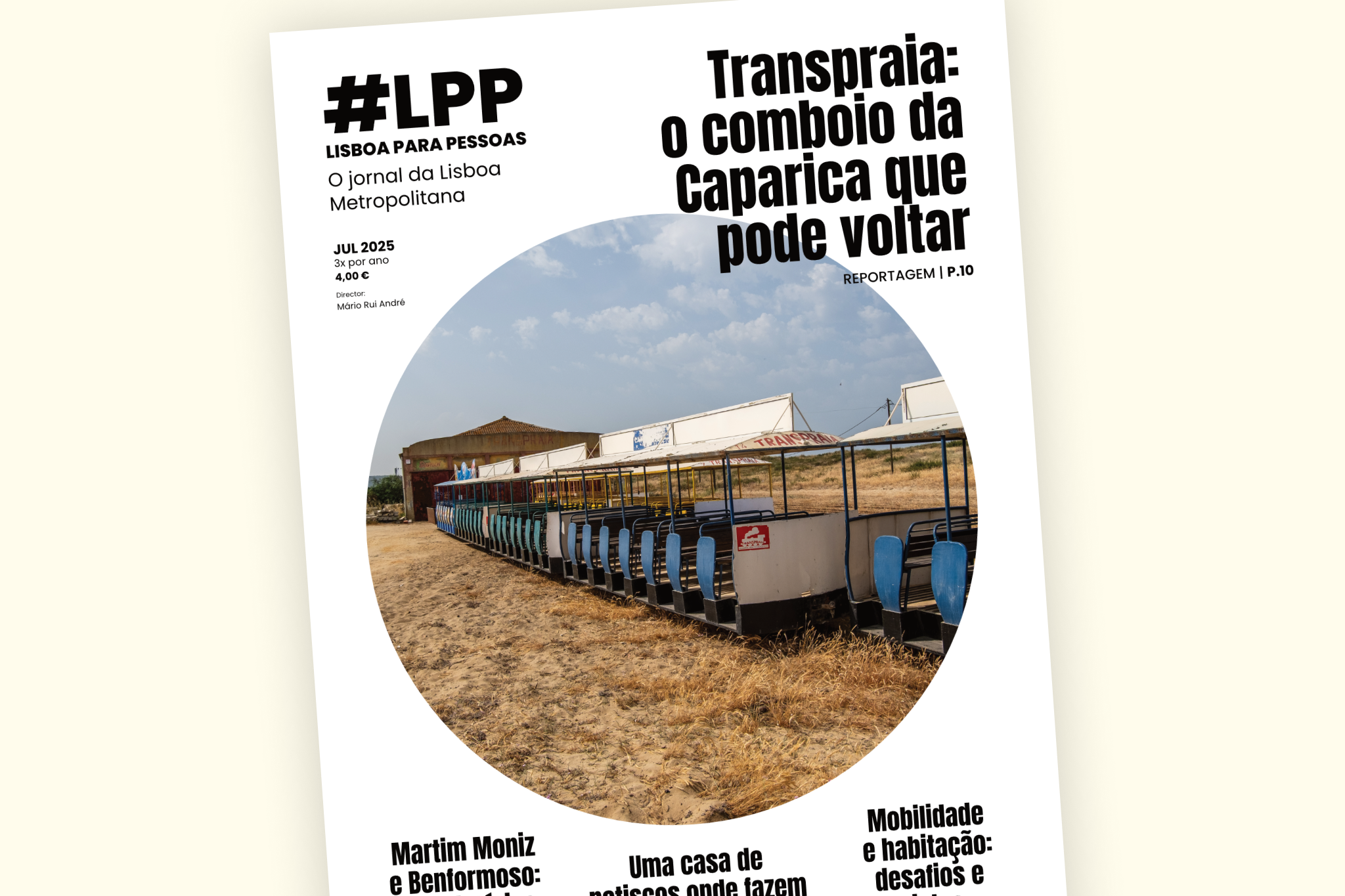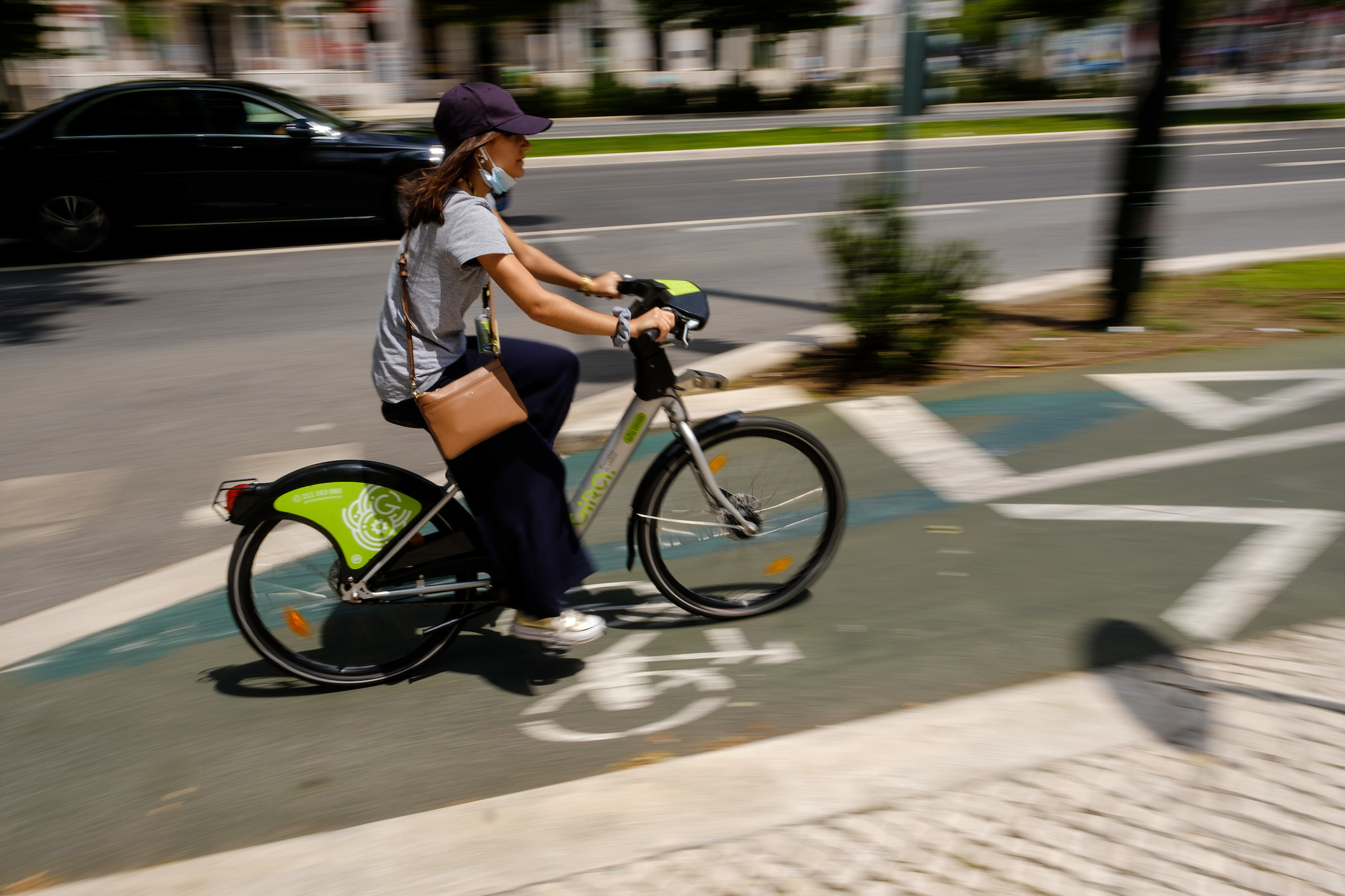
Today, MUBi presented the government with a proposal for a 50 million emergency program to support and stimulate active modes of travelin response to the COVID-19 pandemic, to be entered in the Supplementary State Budget.
The proposed emergency program comprises seven measures, which include:
- The creation of a emergency fund to provide financial support to local administrations for urgent measures to adapt public spaces and encourage sustainable mobilityIn order to provide safety (from the risk of contagion and road risk) for users of active modes and to encourage the use of sustainable modes rather than the car.
- The budgeting of the measures scheduled for implementation in 2020 of the National Strategy for Active Cycling Mobility 2020-2030the acceleration of the implementation of the Strategy and the anticipation of the targets set.
- MUBi also advocates that the Supplementary Budget include the launch of program of tax and/or financial incentives for commuting by bicyclethe reinforcement of State incentive to buy bicyclessupport and encouragement for bicycle micrologysupport for bicycle repairs and the adapting public transport fleets to transport bicycles.
Numerous cities around the world have been adapting public space and transforming their streets in recent weeks, creating "Health Corridors" that widen sidewalks and allow pedestrians to be physically distanced and that guarantee safe cycling on main streets, closing streets to motorized traffic and reducing speed limits.
Countries such as France, Italy and the UK have already launched emergency programs worth hundreds of millions of euros to support and encourage active mobility, and in particular cycling, with the aim of curbing the return to mass car use and the resulting pollution, helping to relieve the pressure on public transport and contributing to reducing the risk of contagion and the public health of the population.
Encouraging the use of active modes of travel will enable a faster and safer return to normal activity. The social and economic crisis resulting from the health crisis will last for several years, and it is therefore crucial to invest in public transport and, in particular, active mobility.
With the need for a safe and healthy means of transportation, the demand for cycling has increased significantly in recent weeks in Portugal, as in the rest of Europe and, in general, throughout the world. As observed during the economic crisis of 2008, it is expected that cycling will grow in importance and take on an indispensable role in the mobility of citizens.
The Supplementary State Budget and the economic recovery programme will have to respond to the mobility problems arising from the pandemic crisis, while taking into account the long-standing, and now even higher priority, needs to reduce pollutant emissions and decarbonize the economy, particularly in the mobility and transport sector, improve air quality and reduce the excessive use of the individual car and the enormous negative externalities associated with it. They must therefore take into account the socio-economic benefits of the transition to more active and sustainable mobility and be catalysts for this change.
The annual quantifiable socio-economic benefits of cycling in the European Union (EU) are estimated at more than 150 billion euros (close to 1% of the EU's GDP, or ¾ of Portugal's GDP). More than 90 billion euros represent positive externalities on the environment, public health and mobility systems. Of these, around 73 billion euros correspond to health benefits (reduced mortality and morbidity), resulting in considerable cost reductions for National Health Systems.
MUBi's full proposal is available here:

